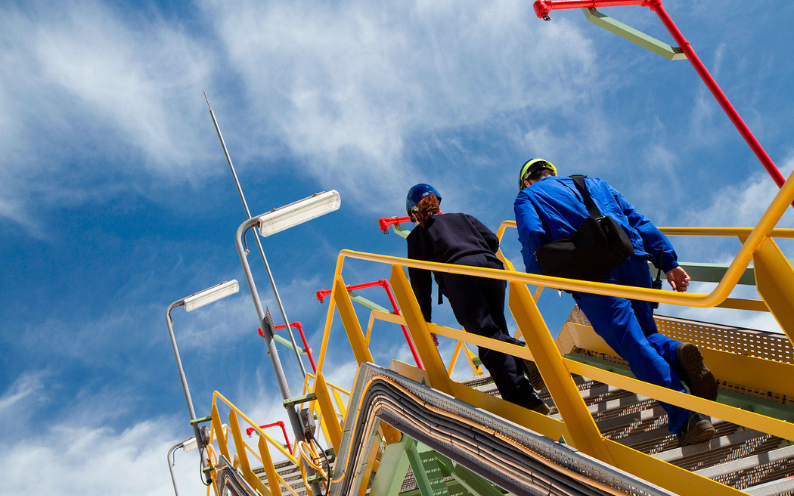Throughout my career I have witnessed several technological revolutions. And I have observed how, when the courage of disruptive ideas is combined with the strengths and expertise that come with lengthy experience, these transformations have proven to be unstoppable.
This is the case of the energy transition in which we are immersed. Europe is the world leader in renewable hydrogen projects, with a projected investment in the entire value chain of between 320 and 460 billion euros by 2030, according to the European Commission. Who is going to be able to undertake these technologically challenging projects, which require huge investments?
A few weeks ago I read in the press the conclusions of the Green Hydrogen Employment Context 2023 report by the consultancy firm Worldwide Recruitment Energy, which points out that the sector where most professionals are expected to be recruited for the renewable hydrogen market, with almost 40%, is the Oil & Gas sector. Also the World Economic Forum, in its relevant Future of Jobs Report, cites the gas sector as one of those that already have the necessary skills for the green transition.
This is a topic that, in ESG terms, is gaining interest over other issues: Do consolidated energy companies such as Enagás have the new skills and talent needed to successfully tackle the energy transition? Do we have the necessary profiles for future green jobs?
If the value of a company is increasingly measured by its human capital, “traditional” energy companies have much to offer the new decarbonised economy: we know the sector in depth, we have a long and proven track record of successfully developing large projects, our commitment and accountability in sustainability goes back a long way, we have the necessary investment muscle and, most importantly, we have professionals with a truly extraordinary level of technical knowledge and experience.
Infrastructure will be an essential enabler of the energy transition, which will make it possible, for example, to transport a renewable and indigenous carrier such as green hydrogen across Europe. The know-how we have accumulated at Enagás over 50 years of building and operating the Spanish gas network is an invaluable asset and a guarantee now that we are going to develop hydrogen infrastructures with the technical scope of projects such as H2med.
When I became Chairman of Enagás, one of the major milestones we took forward was also an underwater infrastructure: the 268-kilometre Peninsula-Balearic Islands gas pipeline, which was successfully commissioned in 2009. This type of work requires experience and expertise that will be invaluable in enabling the energy transition.
Decarbonisation is already providing the job opportunities of the future and, in that transformation, new jobs will emerge and others will be redefined. As I argued in a previous post, it is essential that companies make the training and retraining of workers a priority. Thus, when we talk about green skills, we are referring to the technical and engineering skills specific to clean energy, and also to other very diverse skills, such as sustainability consultancy, management of environmental permits and licences, energy efficiency or environmental law.
The organisations that do the most to help their professionals quickly acquire new green skills will be the ones that lead the energy transition, demonstrating their commitment to making it a just transition and leaving no one behind.
Large energy companies bring to this challenge our strengths and experience and, increasingly, our capacity for innovation, both internally and in partnership with other disruptive players in the value chain: start-ups, technology centres, etc. The aim is to join forces to achieve a more sustainable energy model as soon as possible. As Isaac Newton wrote to Robert Hooke in 1676: “If I have seen further, it is by standing on the shoulders of giants”. Together, hand in hand, we will succeed.
